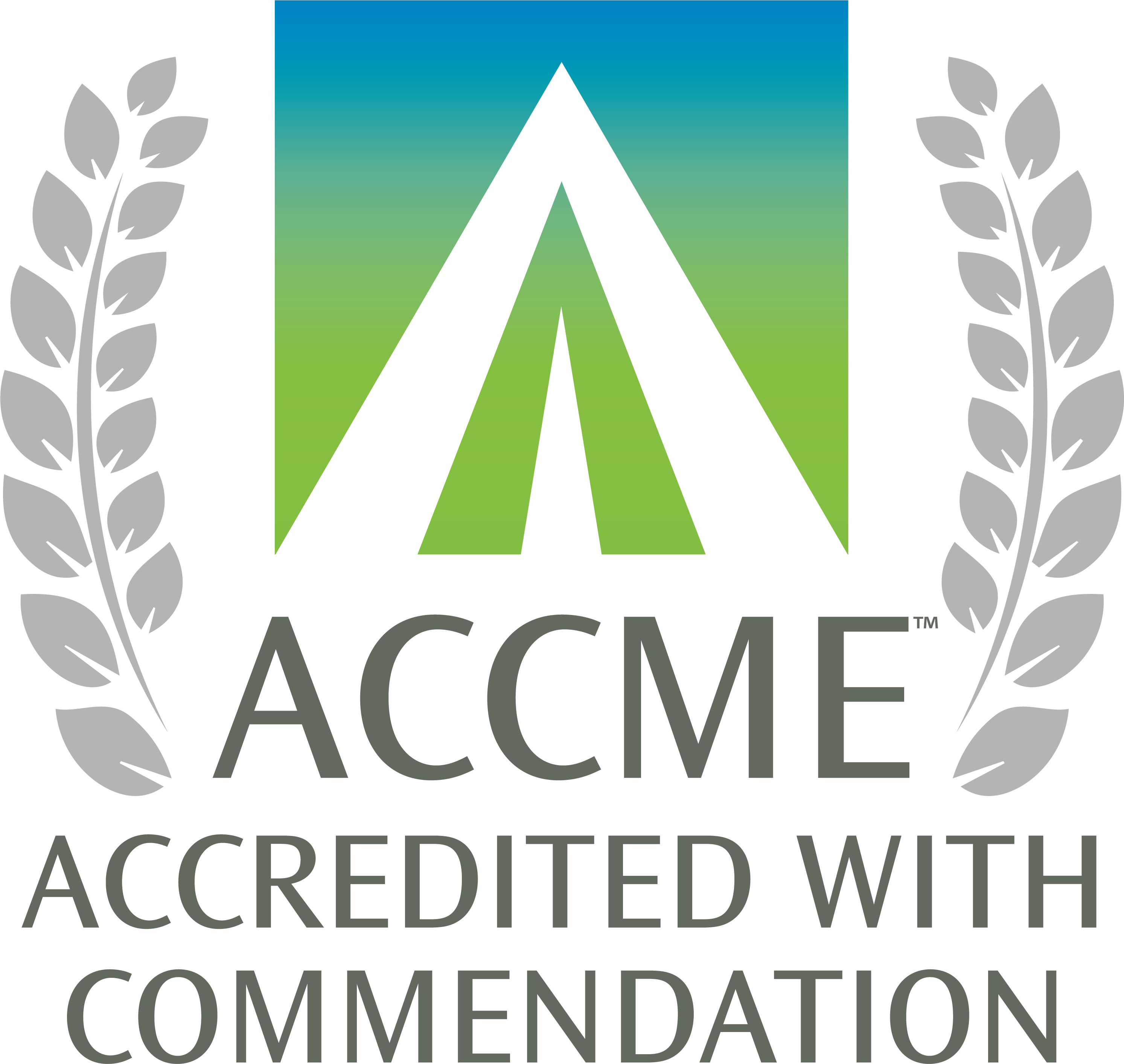MC3 Recorded Education Series: Caring for Transgender and Gender Questioning Youth: Medical and Behavioral Health Considerations
To begin this activity, click Enroll. Once logged in, learners can access educational content, assessments, and evaluations. Learners who successfully complete the activity will be able to print a certificate.
- Participants will become familiar with the diagnosis of gender dysphoria and the rationale for medical and non-medical interventions.
- Participants will review and be able to implement medical management options for transgender youth, including pubertal suppression and hormones.
- Participants will understand the unique health disparities among youth who identify with a gender that differs from their sex, and ways of mitigating risk.
The University of Michigan Medical School is accredited by the Accreditation Council for Continuing Medical Education (ACCME) to provide continuing medical education for physicians.
The University of Michigan Medical School designates this enduring material for a maximum of 1.50 AMA PRA Category 1 Credit(s) ™. Physicians should claim only the credit commensurate with the extent of their participation in the activity.
Original Release Date: November 2020
Termination Date:November 2023
Reisner S. et al. (2016) Psychiatric Diagnoses and Comorbidities in a Diverse, Multicity Cohort of Young Transgender Women. JAMA Pediatr. 2016;170(5):481–486
Olson, J., et al. (2015). Baseline Physiologic and Psychosocial Characteristics of Transgender Youth Seeking Care for Gender Dysphoria. J Adolescent Health. 57(4):374–380
Garofalo, R., et al. (2006). Overlooked, Misunderstood and At-risk: Exploring the Lives and HIV Risk of Ethnic Minority Male-to-Female Transgender Youth. J Adolescent Health. 38(3):230–236
Coleman E, et al. (2012) Standards of Care for the Health of Transsexual, Transgender, and Gender-Nonconforming People, v7. International Journal of Transgenderism. 13(4):165–232
Hembree W., et al. (2009) Endocrine Treatment of Transsexual Persons: an Endocrine Society Clinical Practice Guideline. J Clinical Endocrino and Metab. 99(12):4379-4389
Rosenthal, S. (2014) Approach to the Patient: Transgender Youth. J. Clinical Endocrinol Metab. 99(12):4379-4389


